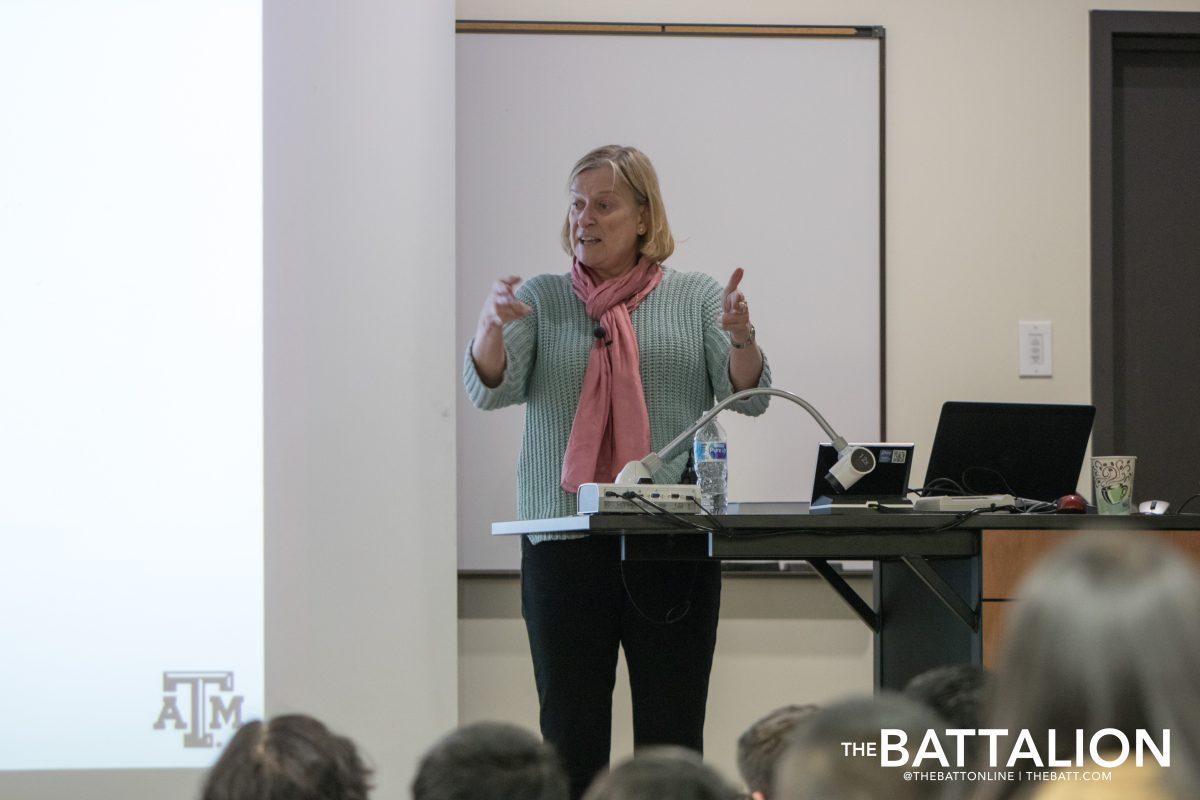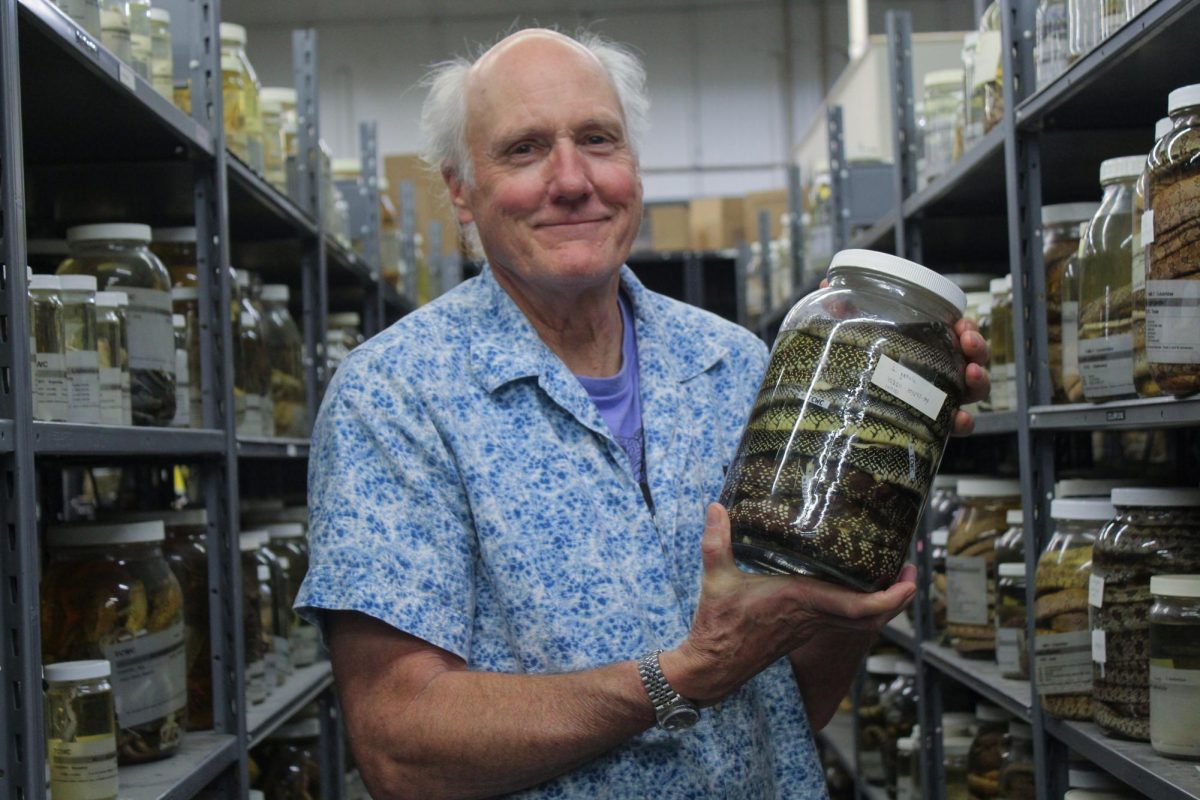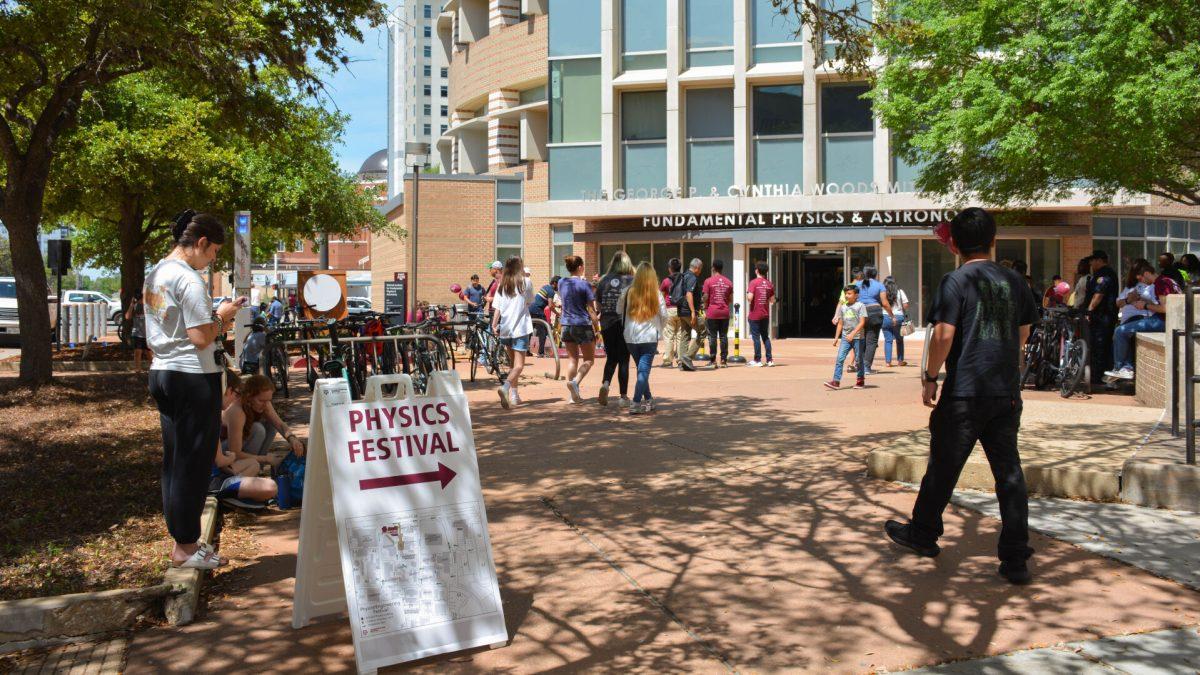Technology allows delivery drivers to securely enter your house themselves, gives people the ability to unlock phones using only their faces and the power to effectively automate every home function.
For years, companies such as Amazon, Apple, Facebook, Twitter, Google’s parent company Alphabet and Microsoft have been among the most admired American companies, according to consumer and investor surveys. These companies own the roads and railways of the internet economy and as a result, they are the most valuable companies of any kind according to Moody Analytics, an economics research firm.
“For a long time all the things coming from the computing industry were perceived as the way to save humanity, to free humankind form stupid work and to automate a lot of things and to make our society safer and to put safeguards on a lot of things,” Dilma Da Silva, computer science and computer engineering department head, said.
Nonetheless, recent developments have focused new scrutiny the industry had previously been unwilling to entertain, let alone accept. From examples such as the initial dismissal, and eventual begrudging acceptance, by Mark Zuckerberg of the spread of misinformation and disinformation on Facebook to the removal of large amounts of neo-Nazi and far-right extremist content on YouTube, these companies and others have had a marked shift in tone and substance from their previous laissez-faire attitude towards how these technologies affected the physical world.
“People realized that the very quick increase [in] the way we relate to technology and the way we relate [with] each other through the communication and how we talk in groups and how we belong to groups is also being impacted,” Da Silva said. “I think a lot of what we have here in education for our undergraduates here at Texas A&M, or any good university, is to get the students to look at some issue and be patient enough to look from different perspectives and make up their own opinion.”
Fittingly, on Jan. 17, Paula deWitte, computer science associate professor of practice, held a talk in the auditorium of the Harvey R. “Bum” Bright Building on current ethical and practical issues faced by computer professionals and the technology industry at large. The talk, which was titled “Understanding the Interaction of Law, Policy, and Technology: The Inherent Conflict for Computer Scientists and Engineers,” was part of the Department of Computer Science and Engineering’s 681 Speaker Series.
Among the most prominent questions is the deep-rooted inequality of who has the opportunity to mold these technologies and who profits from them. Since the earliest days, employee research has consistently found that both in terms of the leadership and the general workforce, the technology industry is, relative to the national population, disproportionately male and white, with a skewed number coming from primarily wealthy and upper middle-class families.
“What I know from IBM and Qualcomm, the two companies that I spent quite a few years, is that they know they need diverse teams to generate better products, to generate better leadership,” Da Silva, who attended deWitte’s 681 talk, said. “We don’t need quotas, what we need is increasing awareness that innovation happens faster and is more effective when we have diverse teams. What we need to do is enable enough high quality graduates to be in the market. We should very proud of that here at Texas A&M.”
DeWitte remarked that these workforce challenges reflect long standing pipeline issues not just in college, but all the way from pre-kindergarten, kindergarten and elementary schools all the way to hiring and recruitment.
Even before the full throws of the #MeToo movement, sexual harassment issues at places such as Uber and the broader toxic harassment culture, propagated and enabled by a varying cast of venture capital firms, usually male-dominated start-ups and powerful and influential entrepreneurs, was increasingly becoming apparent and reported in the popular press.
“It always went on, but it took that critical mass of women,” deWitte said. “There was a tipping point. Those cases go back a long way for a lot of people. I was somethat lucky that when I entered the field, there was so few women that I never had any issues that I couldn’t handle or that I felt I had to go and get somebody. But certain things happened that today, a person would get fired for.”
In the talk, deWitte highlighted the lag between attitudes, ethics and law. For example, whereas things such as addictive product designs (likes on Facebook, notification sounds on iPhones, etc.) are not illegal, they pose ethical issues especially as children are increasingly exposed to more of these technologies.
Moreover, she opined that computer technology progresses so fast that any legal solution, via legislation or court precedent, is often reactive, i.e., the issues that arise have to become salient before they are addressed, at which point, the technology has already developed past that point, with new problems and new issues.
Currently, members of Congress have responded with a host of proposals intended to induce these companies into action. From new campaign-related online advertising disclosure requirements to legislation expanding liability for websites and services used in sex trafficking and child pronography to administrative action severely limiting the scope and use of aerial drones. DeWitte cautioned the adverse effect that some regulatory actions may have on innovation.
The question of profitability and personal advancement inevitably came up to which DeWitte, who recounted her own experience in the industry in which she made her objections known and was retaliated against, encourages principled action by computer scientists and engineers in the face of opposition.
Andrew Nemec, Computer engineering Ph.D. candidate, who attended deWitte’s talk, said he felt the talk and the accompanying discussion offered students a venerable opportunity to interact with topics they would not normally come across.
“I think having a broad base is a good thing, especially because I do theory and I like to see things which are way off from my research topic,” Nemec said. “I liked the talk — the law and the Supreme Court stuff.”
Ambiguity of the technology industry’s transformation of society
January 18, 2018
Photo by Photo by Cristian Aguirre
Professor Paula deWitte addresses the ethical issues faced by the technology industry.
0
Donate to The Battalion
$2065
$5000
Contributed
Our Goal
Your donation will support the student journalists of Texas A&M University - College Station. Your contribution will allow us to purchase equipment and cover our annual website hosting costs, in addition to paying freelance staffers for their work, travel costs for coverage and more!
More to Discover










